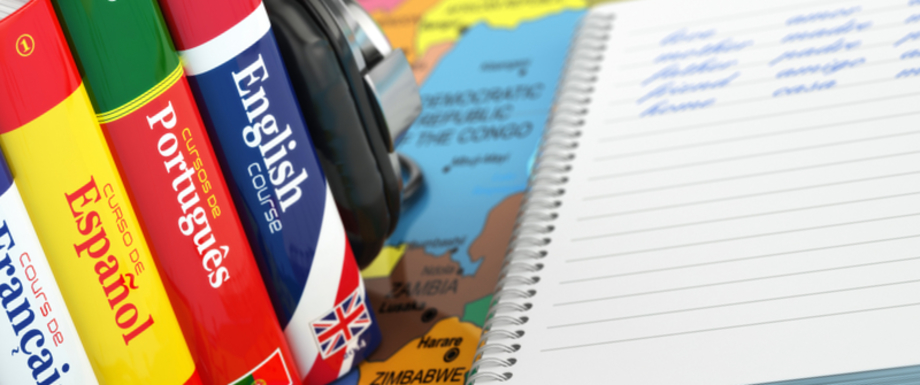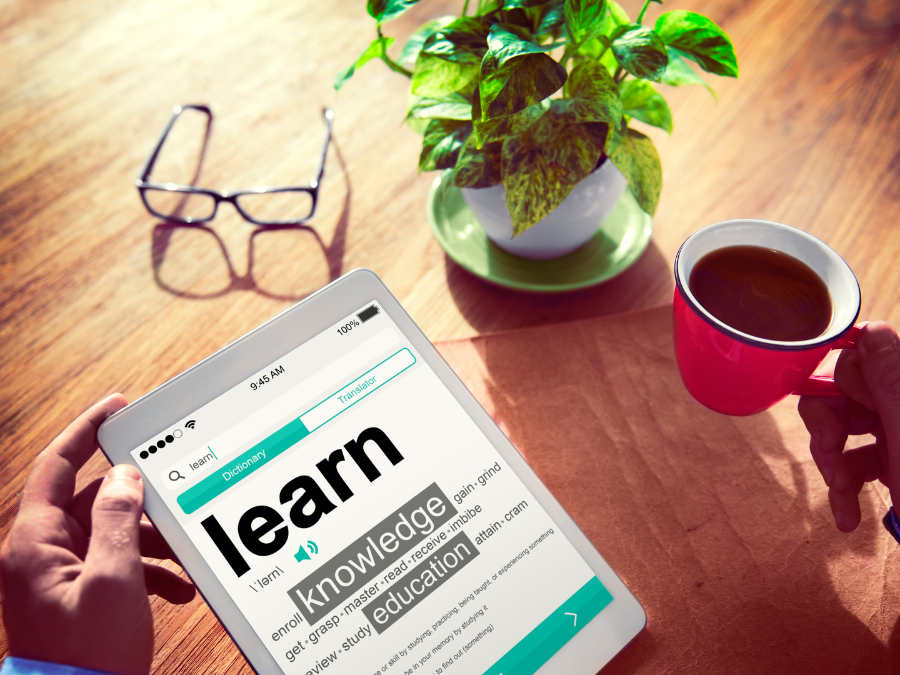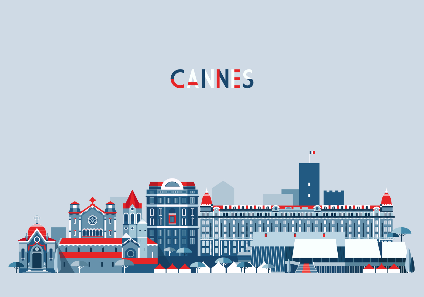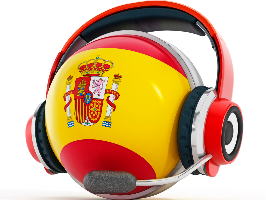
ANNOUNCEMENT: Due to DfE's decision to reduce SKE funding, we have no available allocation until the next SKE year (Oct 2024).
About the MFL SKE online learning platform
The online platform is a complete online language learning experience, where you’ll learn to communicate in everyday situations. The software incorporates the communicative approach and interactive learning methods centred on real life interaction rather than simply memorising words and phrases. This gives you the ability to retain the language better and understand and express yourself in order to interact in the real world.
The course material is built around the nationally recognised Common European Framework of Reference for Languages A1, A2, B1, B2, C1, C2 and the adaptive software that tracks a student’s progress
will automatically increase the level of challenge and difficulty to match the users growing language ability / skills.
What would a typical week look like for an MFL course with Eureka Online College
Our Subject Knowledge Enhancement (SKE) course consists of 3 main features discussed in a bit more detail below.
- On-demand online learning,
- Skype lessons with a native speaker (one to one) - with preparatory work to complete before and after each lesson
- Live one to one workshops with a practising MFL teacher (French, Spanish or German)
- Unlimited small group tutorials, which are booked online and scheduled at a convenient time for you. They are mapped to your progress with the online course (The on-demand element)
All proficiency levels are covered from beginner to advanced levels, before language training begins, a placement test will measure the student’s proficiency level.
Online learning - MFL SKE
Included on the platform are scores of fun and engaging varied activities, ranging from authentic videos and dubbed films, grammar and vocabulary lessons, and virtual conversations related to your particular training. That way, you only learn what you need. These captivating and serious games reinforce your communication skills and bring a new dimension to language learning.
A typical on-demand lesson to start off with would be what we call an expression dialogue, which is usually either a video or an audio file that describes a situation. On the MFL SKE course, we use
everyday situations in which to learn your specialist language.
Exercises could be in the form of virtual conversations related to your particular training or a role play, whereby you would choose different ways of interacting with the characters in a video and the software reacts to your choices and adapts the new follow up of this situation.
An introductory expression dialogue typically lasts between 10 – 20 minutes depending on the lesson and there would be many other activities that would then follow with a focus on language acquisition for everyday situations. The interactive and engaging nature of course makes learning fun.
Student voice:
“I have an activity I really like called “dub a film” that allows me to practise my speaking skills. I usually have a scene of a movie, which I can select and see all of the sentences of the
actors and I can actually play a role myself within the movie! I am learning French and so I am interested in the famous French actors and singers and the Cannes Festival, there are activities for
each of these as the 'every day situations' covers cultural, so there are a number of activities relating to these as well. This way of learning has been interesting and empowering.”
At any point during a module of work, students can click on an icon to have an overview of all the different activities relating to the lesson. The activities will each relate to a specific skill. For example, word association might be a vocabulary exercise where students are asked to find the synonyms and antonyms of a particular word. Or a grammar exercise where students have to build and construct a sentence in the right way with the right sequence of words and verbs. Also many other activities, relating to speaking or writing or listening and so on, and all those are accessible on-demand via the VLE.
Students have the freedom to complete exercises and activities in the order given; so all the word order exercises first; then all the word transformation exercises; then all the sentence exercises or students can do one of each and mix it up according to their interests and what they want to practice.
The lesson is ultimately ended by a similar situation as the initial expression to test comprehension.
Skype lessons and unlimited small group tutorials with a native speaker
Skype lessons supplement language training with live one to one conversational tutoring to boost language skills. Lessons are flexible and you simply book these to fit around your schedule. They are a massive boost to the MFL SKE course and help with language development and consist of bi-weekly, live, personalised, one-on-one conversation practice with a native speaker. The native speaker will have a minimum of 2 years teaching in schools and these lessons will be focussed on your new spoken language.
The teachers providing the unlimited small group tutorials are typically translators for the UN and governments and so are highly skilled and respected linguists too.
The conversational sessions are ideal for learners who need intensive practice that is personalised to their specific needs and help to refine language skills. The topics for the small group tutorials match the content from the on-demand course - you simply select the part of the course you require help on and select a day and time that fits with your availability. This way, the small group of learners (typically 3) are matched in ability and are covering the same work - more on this below.
To schedule a lesson, you simply log into your account and use the online calendar to select an available timeslot. Before the lesson, you will get to choose from a list of over 700 varied phone course topics to practice with, all of which will correspond with the material you are learning in your on-demand MFL SKE course, helping ensure that you stay on target with your goals.
During your session, you will work mainly on oral comprehension and expression; your tutor will coach you throughout the session to help you stay on track.
One to one workshops with a practising MFL teacher
In addition to the other online lessons detailed here, learners will receive regular one to one workshops with a qualified and practising teacher of MFL. Each workshop is 1 hour in length and their purpose is for SKE students to apply what they have learnt each week on the language course into mock classroom scenarios and so applying this in the context of how they might teach the material.
The MFL teacher taking the lessons will be a language specialist in their chosen language (French, Spanish or German) and will go through typical lesson activities in mock lessons that they would normally use in school (GCSE / A level) and will encourage the learner to reflect on this experience.
Due to these workshops being one to one and not in groups, students have the added benefit of feeding into them what they would like to be covered, making the experience extremely personalised.
How will students be assessed?
To pass the course, you need to engage with all elements of your SKE and achieve a pass mark for each assignment uploaded into the grade centre and you can re-submit work an unlimited number of times (within reason) that falls short of a pass mark.
On the course, there are 4 different types of test used as formative assessment to help you improve as you work through your SKE and to set targets at the end of your course.
One is the placement test that all new students do at the start of their course – this allows the us to pitch the material at the right level.
To see and measure the effect, within a set time within the programme, for example 20-30 hours, students then complete a progress test, which will re-evaluate them and give them an adapted, up to date level. E.g. A student might start on an A2 or B1 level, but after doing 20-30 hours in the programme, they might be a B2 level, that is what is measured with the progress test.
The achievement tests are completed at the end of the course. There is one practice achievement test and one final achievement test. They are aligned with the official tests from the council of Europe and although they won’t give the learner an official certification as this is used for formative assessment and target setting, but it would give anyone studying our course good training if this was something that interested them.
Ultimately the result of this test will filter into the end of SKE report in the form of targets written by an MFL course tutor.
For more information about these courses and an application form, please contact us at hello@eurekaonlinecollege.co.uk









